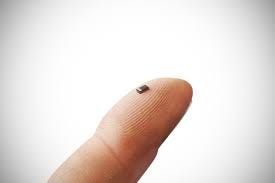Supporting a Child Who Has Experienced Domestic Abuse
Resources and ideas for helping children
Welcome
Today’s post aims to help answer a question that is often hugely important to coercive control survivor parents (mostly mothers, as most adult coercive control survivors are women, but also some fathers too). That question is:
What can be done to support a child who has been harmed by the abuser’s abusive behaviour?
These harms might take many different forms, including withdrawn and/or aggressive behaviours, difficulties concentrating, developmental regressions, feelings of extreme anxiety, and/or a child or young person feeling that they need to take care of everyone else, but de-prioritising their own feelings.
If you are reading this but are not a parent yourself, what is written here could be really useful to survivor parents you know, or those you might meet in the future. Please feel free to share this with anyone you think it might help.
Before we start exploring this topic, I am aware that any discussion of how children might be affected by domestic abuse can make survivor parents feel very guilty. So let me say this right now: From my perspective as a domestic abuse expert, I don’t think survivors should bear the burden of any guilt.
Harms to children are NOT the survivor parent’s fault
Abuse is the abuser’s responsibility. The abuser creates the whole situation; they set up the entire harmful dynamic, and they use their position of power to make the choice to keep that harmful situation going day after day, year after year. The survivor doesn’t choose the nightmarish situation that eventually unfolds. All that the survivor did was to choose the good person who the abuser was deceptively pretending to be at the beginning of the ‘relationship’. Anyone would have done the same thing. By the time the abuser has dropped their mask and made their abuse evident, they have made sure they’ve got the survivor entrapped in several different ways. And the society that the survivor lives in also lets them down, with every system that the survivor could potentially call upon carrying a high risk of responding ineffectively and causing more harm than good.
Most survivors will have done the best they could do within these terrible circumstances; circumstances that were not of their making and which they did not choose. Any responsibility that survivors have for how the children were harmed is a tiny speck (yes, a tiny speck), compared to the very large mountain of responsibility that abusers hold for causing these harms.




